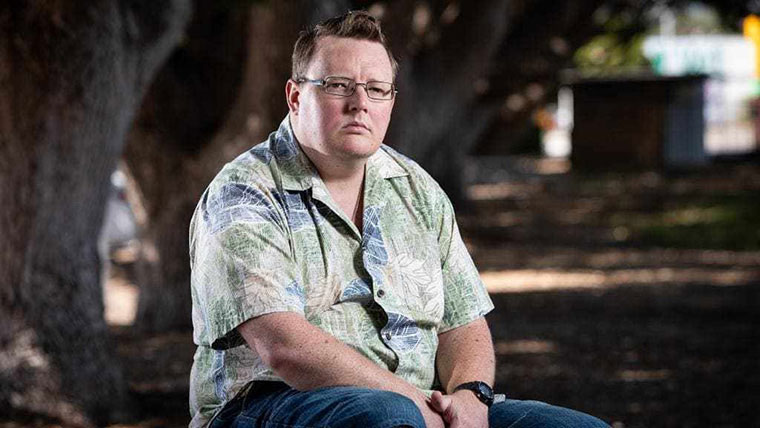A NORTHERN beaches man who was told at the age of 23 he had just a five per cent chance of surviving deadly melanoma is cancer free after taking part in an exciting new clinical trial.
Greg Holterman was given the shocking news that he had advanced melanoma which had spread to his lymph nodes in 2004.
It was successfully treated. But after a long period with no relapse, it returned twice more, the first time in his lungs, which was operable, and in the latest incident in April last year, on his abdomen. He was offered a place on an immunotherapy clinical trial in May and was cancer free four months later.
Mr Holterman, now 37, of Brookvale, said being accepted on the trial had allowed him to MC at his sister’s wedding and play the piano as she walked down the aisle.
Unfortunately, not all stories end as well as Mr Holterman’s, with one Australian dying from melanoma every five hours.
“Research into melanoma led to the development of new treatments that have kept me alive for the past 14 years — even when the odds were against me,” he said. “I know that not everyone is as lucky as I am to have a treatment that has worked for them. Not everyone survives.”
Mr Holterman is hopeful that with funds for research and an increased awareness of melanoma, there will be more success stories.
Melanoma Institute Australia CEO, Matthew Browne, said more than 14,000 Australians are diagnosed with melanoma every year.
“Concerningly, it is also the most common cancer affecting 15 to 39 year old Australians,” he said. “We are working towards melanoma becoming a chronic disease instead of a terminal illness but until we achieve our mission of zero deaths from melanoma, we still have a lot of work to do.”
The trial at the Melanoma Insititute of Australia is for advanced melanoma patients and involves combination immunotherapy infusions with an experimental injectable drug. The experimental drug is designed to stimulate the body’s immune response in a new way, increasing the ability of immune cells to recognise and kill tumour cells.
The trial involves approximately 43 visits over around two years. While Mr Holterman was told he had no evidence of the disease last year, he will continue the treatment until it finishes.
Join Mr Holterman at Melanoma March Manly, Sunday, 10 March. Register here!
** This article was originally published by The Daily Telegraph here



